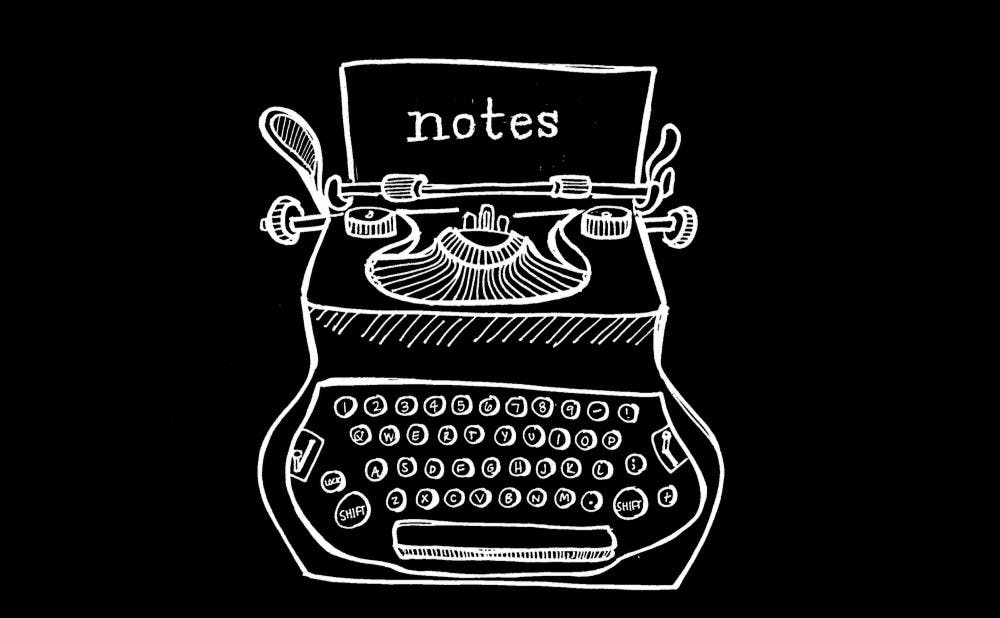I haven’t been to therapy since last September. After six months of weekly appointments with my therapist Sam, she told me that I didn’t need to come back — she was confident in the progress I’d made and felt that I didn’t need to see her anymore. It was a gentle but firm push into the world of self-sufficiency and autonomy, a relieved wipe of the brow that seemed to say: Our work here is done.
As our sessions became less constructive, I grew more aware that the end of our time together was near. The two different antidepressants that my psychologist prescribed me were easing the severity of my depression and anxiety, we’d already explored the depths of my traumas and insecurities extensively and the summer had signaled many positive changes in my life. I walked into therapy with a spring in my step more often than not as our sessions waned, and Sam seemed satisfied that I was on an upward trajectory. She ensured me that the line of communication between us would remain open, in case I ever felt the need to return for a session or two (or three, or four).
In many ways, I was on an upward trajectory — but I still couldn’t feel complete, overwhelming joy at the prospect of not returning to therapy. Part of me was flooded with relief at the thought that I wasn’t going to spend the rest of my life in and out of sessions and bouncing between therapists, curtly recalling the worst moments of my life to strange faces with increasing emotional detachment. But so much of me was terrified. Although I’d hated the days I had to attend therapy, bemoaning the loss of an hour out of my schedule, my sessions with Sam had become essential to my healing process.
And — this is an awful, perverse, twisted “and” that I’ve never been proud of — I’d slowly started to build my identity around my existence as someone with depression, who regularly attended therapy and took medications.
“Oh, I can’t have dinner with you tonight. I have a therapy appointment,” I’d whine.
Or, “I’m not supposed to drink on my antidepressants.” (They’re putting it together in their heads now, aren’t they — yes, that’s correct, I’m depressed.)
It wasn’t a point of pride, per se, that I was horribly crippled by self-loathing, guilt, trauma and sadness, but constructing an identity around that aspect of myself softened the hurt of it. I didn’t want to ignore my mental illnesses, I didn’t want to speak about my experiences and troubles in hushed tones as if they were things to repress or forget. I wanted a community that I felt I belonged to, with whom I could genially joke about depression and its symptoms, where I was able to confront my mental illness on my own terms.
So when Sam told me I was done with therapy for the time being, I felt like I’d lost my fight instead of won it. Did that mean I was cured? Was I ready for that? Who would I be without my depression?
Much to my chagrin, I never got the chance to figure that out. After a few months without therapy, winter began its descent, enveloping me with its icy sorrow and unforgiving darkness. All of the progress I’d achieved unspooled around me, and I folded inward until even my own company became unbearable. I didn’t know what to do — calling Sam and scuttling back to therapy would surely be an admission of defeat at the hands of depression, but existing any longer without some form of support wouldn’t see a positive outcome.
It was as if some maniacal being had heard my thoughts and, appalled at my audacity, gave me a taste of the reality that I thought I wanted. Oh, you’re afraid to exist without the comfort of your depression? Let’s see how much you like it now. Even when I caved under the pressure of my sadness and called Sam to schedule my first appointment in five months, she told me that she no longer saw patients (but would happily pass me along to a colleague). I almost laughed at the cruel irony of it all.
Nearly a year later, I was back to square one: thoroughly depressed and without a therapist. But I have to give myself some credit. Living with a mental illness isn’t an upward trajectory, no matter how far into the skies of healing I skyrocket. And while Sam felt good about ending our sessions, that didn’t mean that I would never need therapy again in my life — which, admittedly, is quite a tough pill to swallow. (Insert joke about my antidepressants here.)
Now it’s April. T.S. Eliot will tell you it’s the cruelest month, “mixing memory and desire,” but I’m finding that the promised warmth and rebirth of spring, the catharsis of feeling and the ache of desire, have yet to disappoint me. I have a partner who loves me (whom I get to love back), family and friends that support me and the sweet kisses of new beginnings pressed to my cheeks. I can see the rot and decay in the distance, yes, but I know that I’ve survived it before and that I’ll survive it again — with or without a therapist.
Get The Chronicle straight to your inbox
Signup for our weekly newsletter. Cancel at any time.

